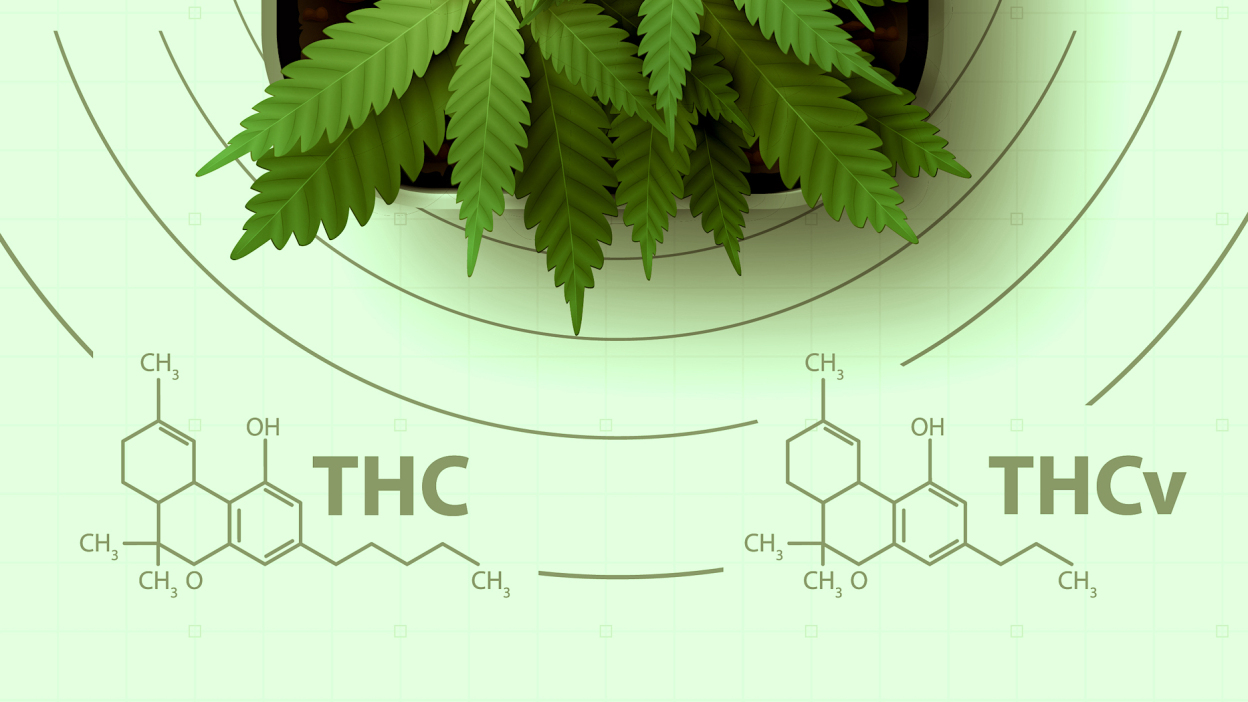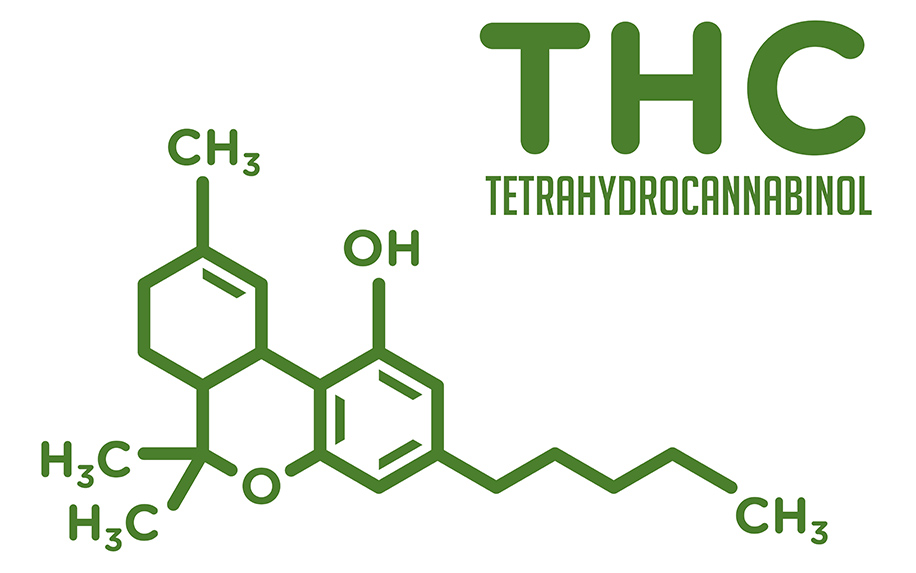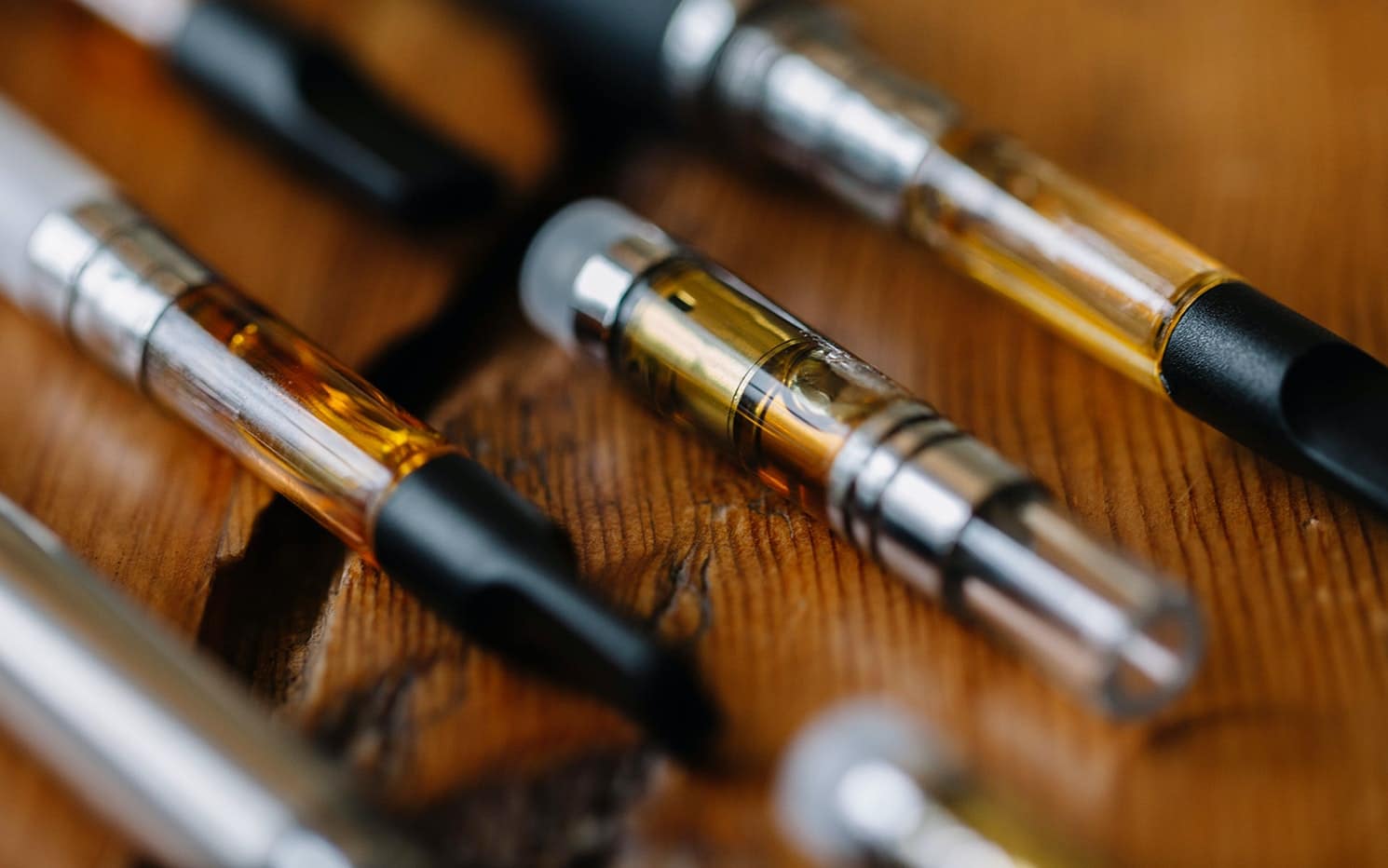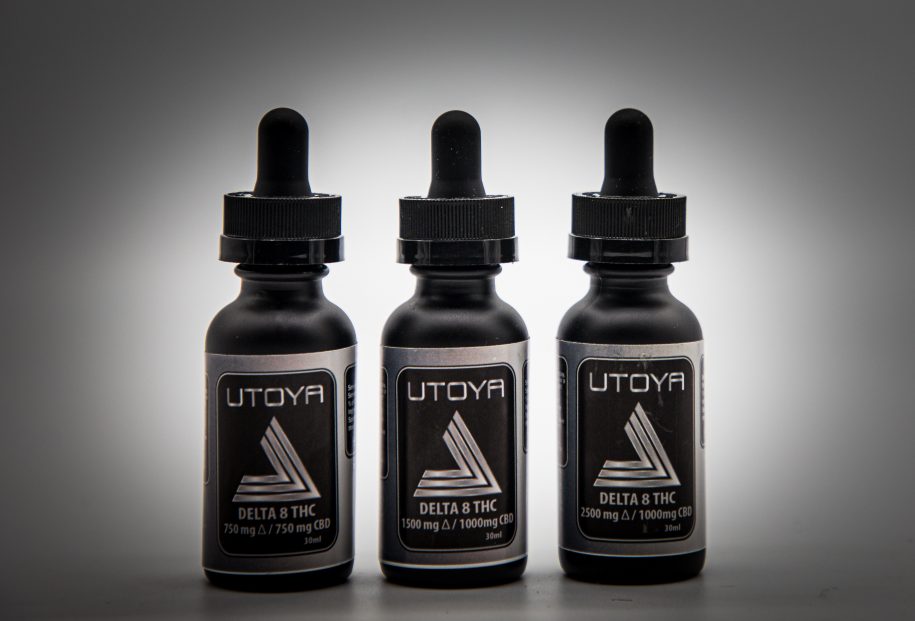Introduction
In the ever-evolving world of cannabis and hemp, various cannabinoids continue to captivate researchers, consumers, and growers alike. Delta-10 THC and THCV (Tetrahydrocannabivarin) are two such compounds that have gained attention for their unique properties. In this comprehensive guide, we will explore the differences between Delta-10 THC and THCV, shedding light on their chemical structures, effects, potential benefits, and how they vary from one another.
Cannabis and hemp are plants that produce a plethora of chemical compounds, collectively known as cannabinoids, terpenes, and flavonoids. Among these compounds, Delta-10 THC and THCV have stood out for their distinctive characteristics and potential applications. In this guide, we will delve into what sets Delta-10 THC and THCV apart, providing a comprehensive understanding of these two cannabinoids.
What Is Delta-10 THC?
Delta-10 THC, or delta-10 tetrahydrocannabinol, is a relatively new and lesser-known cannabinoid that has gained recognition for its potential effects and benefits. It shares similarities with Delta-9 THC, the compound responsible for the psychoactive effects associated with cannabis. However, Delta-10 THC has some key differences that distinguish it from Delta-9 THC.
Key characteristics of Delta-10 THC
Chemical Structure: Delta-10 THC shares a similar chemical structure with Delta-9 THC but differs in the placement of a double bond within the molecule.
- Psychoactivity: Delta-10 THC is psychoactive, meaning it can produce mind-altering effects like euphoria. However, it is generally considered to be less potent than Delta-9 THC.
- Legal Status: The legal status of Delta-10 THC varies by location and may not be explicitly addressed in cannabis laws, leaving it in a legal gray area in some regions.
What Is THCV (Tetrahydrocannabivarin)?
THCV, short for Tetrahydrocannabivarin, is another cannabinoid found in the cannabis and hemp plants. It is structurally related to THC (both Delta-9 and Delta-10), but it has its unique properties that set it apart.
Key characteristics of THCV
Chemical Structure: THCV shares a similar chemical structure with THC but differs in the length of the molecule’s side chain.
- Psychoactivity: THCV can be psychoactive, but its effects are distinct from those of THC. It is known for its potential to produce clear-headed, energizing, and stimulating effects.
- Legal Status: THCV is found in various cannabis strains, and its legal status may depend on the specific concentration of THC and THCV in a given product.
Chemical Structures of Delta-10 THC and THCV
To better understand the differences between Delta-10 THC and THCV, let’s take a closer look at their chemical structures:
Delta-10 THC
Delta-10 THC, like Delta-9 THC, has a pentyl side chain, which is a carbon chain with five carbon atoms. The main difference between Delta-10 THC and Delta-9 THC lies in the placement of a double bond in their structures.
THCV
THCV, on the other hand, has a propyl side chain, which is shorter than the pentyl side chain found in Delta-10 THC and Delta-9 THC. The propyl side chain, along with its unique positioning, contributes to THCV’s distinct properties and effects.
Key Differences Between Delta-10 THC and THCV
While both Delta-10 THC and THCV are distinct cannabinoids, they differ in several crucial aspects
Chemical Structure
The most apparent difference between the two is their chemical structure. Delta-10 THC is a form of tetrahydrocannabinol, which is similar in structure to Delta-9 THC. In contrast, THCV is structurally similar to THC but has a shorter side chain. This structural difference influences their interactions with the endocannabinoid system and results in unique effects.
Psychoactivity
Delta-10 THC, like Delta-9 THC, is generally psychoactive and can induce euphoric and mind-altering effects. However, it is often considered to be less potent than Delta-9 THC, which means it may produce milder psychoactive effects.
THCV, while psychoactive to some extent, produces different effects from traditional THC. It is known for its potential to induce clear-headed, stimulating, and energizing effects, making it distinct from Delta-10 THC and Delta-9 THC.
Effects
The effects of Delta-10 THC and THCV differ significantly
Delta-10 THC is often described as producing a milder, more manageable high. Users report effects such as mild euphoria and relaxation, making it an option for those seeking a less intense experience.
THCV is known for its potential to boost energy, focus, and alertness. It can provide a stimulating and clear-headed high, making it an option for individuals looking for an alternative to the sedative or euphoric effects of traditional THC.
Potential Benefits
Both Delta-10 THC and THCV have potential therapeutic benefits, but they target different areas
Delta-10 THC’s potential benefits are still being studied, and more research is needed to understand its full range of applications. Users have reported mood enhancement and potential relief from mild anxiety or stress.
THCV is being explored for its potential as an appetite suppressant, making it a promising option for weight management and obesity treatment. It may also have neuroprotective properties and could be useful in conditions such as Parkinson’s disease.
How to Use Delta-10 THC and THCV
Delta-10 THC and THCV can be consumed in various forms, much like other cannabinoids. Users can choose from different consumption methods, depending on their preferences and needs
Smoking and Vaping
Delta-10 THC and THCV can be found in smoking or vaping products such as cartridges and concentrates. Inhaling these products provides a rapid onset of effects, making it easier to control the dosage.
Edibles
Both Delta-10 THC and THCV can be incorporated into edible products like gummies, chocolates, or tinctures. Edibles take longer to take effect compared to smoking or vaping, and their effects tend to last longer.
Sublingual
Tinctures containing Delta-10 THC and THCV can be administered sublingually (under the tongue). This method allows for faster absorption through the blood vessels in the mouth, providing relatively quick results.
Topical Applications
Topical products, such as creams or salves, may contain Delta-10 THC and THCV. These products are designed for localized relief and are not likely to produce psychoactive effects when used topically.
Potential Side Effects and Safety Considerations
Like other cannabinoids, Delta-10 THC and THCV may have potential side effects and safety considerations:
Dosage Control
The effects of Delta-10 THC and THCV can vary based on dosage and individual tolerance. It’s crucial to start with a low dose and gradually increase it to find the right balance that works for you.
Dry Mouth and Eyes
Like other cannabinoids, both Delta-10 THC and THCV may cause dry mouth and dry, red eyes. Staying hydrated and using eye drops can help alleviate these side effects.
Anxiety and Paranoia
While Delta-10 THC is generally considered less likely to induce anxiety or paranoia compared to Delta-9 THC, it can still happen, especially at higher doses. Users prone to these side effects should exercise caution.
Legal Status
The legal status of Delta-10 THC and THCV varies by location, and users must be aware of their local laws and regulations regarding these cannabinoids.
Potential for Impairment
Both Delta-10 THC and THCV can be psychoactive, and their use may impair cognitive and motor functions. It’s essential to avoid driving or operating heavy machinery while under their influence.
Conclusion
Delta-10 THC and THCV are two distinct cannabinoids with unique chemical structures, effects, and potential benefits. While Delta-10 THC is often considered a milder, less potent alternative to traditional THC, THCV stands out for its stimulating and appetite-suppressing properties.
As with any cannabis product, responsible and informed use is essential. It’s vital to understand your local laws and regulations, start with a low dose, and be aware of potential side effects. By staying informed and using Delta-10 THC and THCV responsibly, users can explore their unique effects and discover whether they align with their preferences and needs in the world of cannabinoids.
- What’S The Difference Between Delta 10 And Thcv? - November 8, 2023
- Comprehensive Guide on the Benefits of Chaga Functional Mushrooms - November 8, 2023
- CBD Extraction - June 8, 2023




